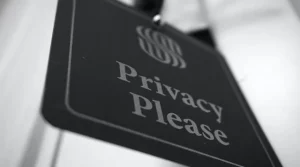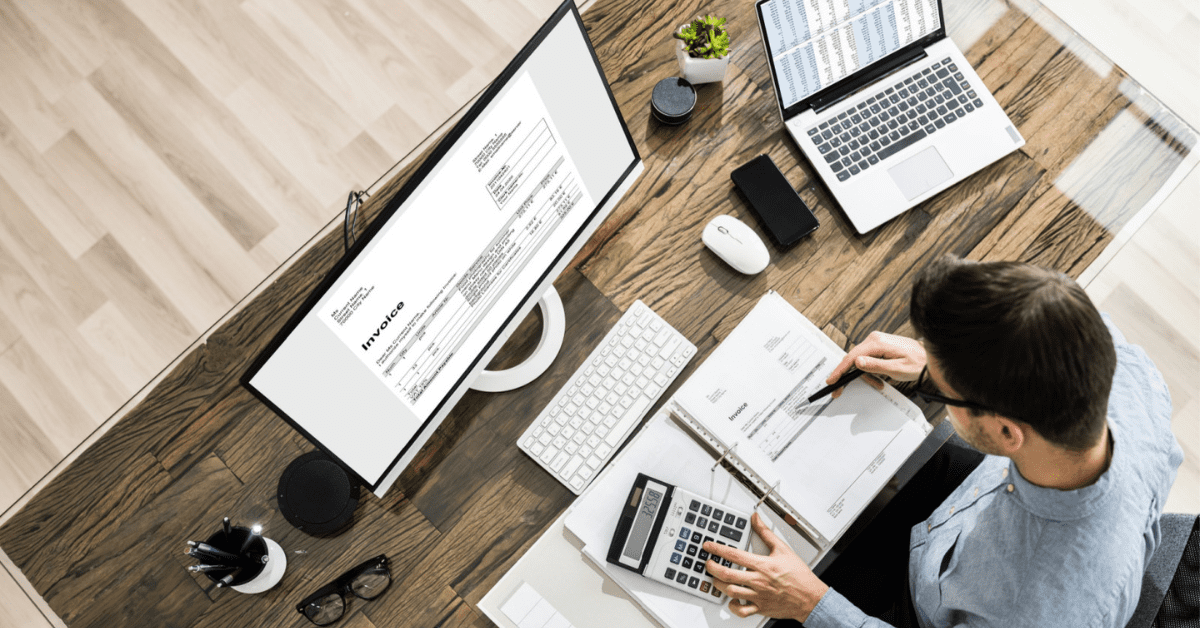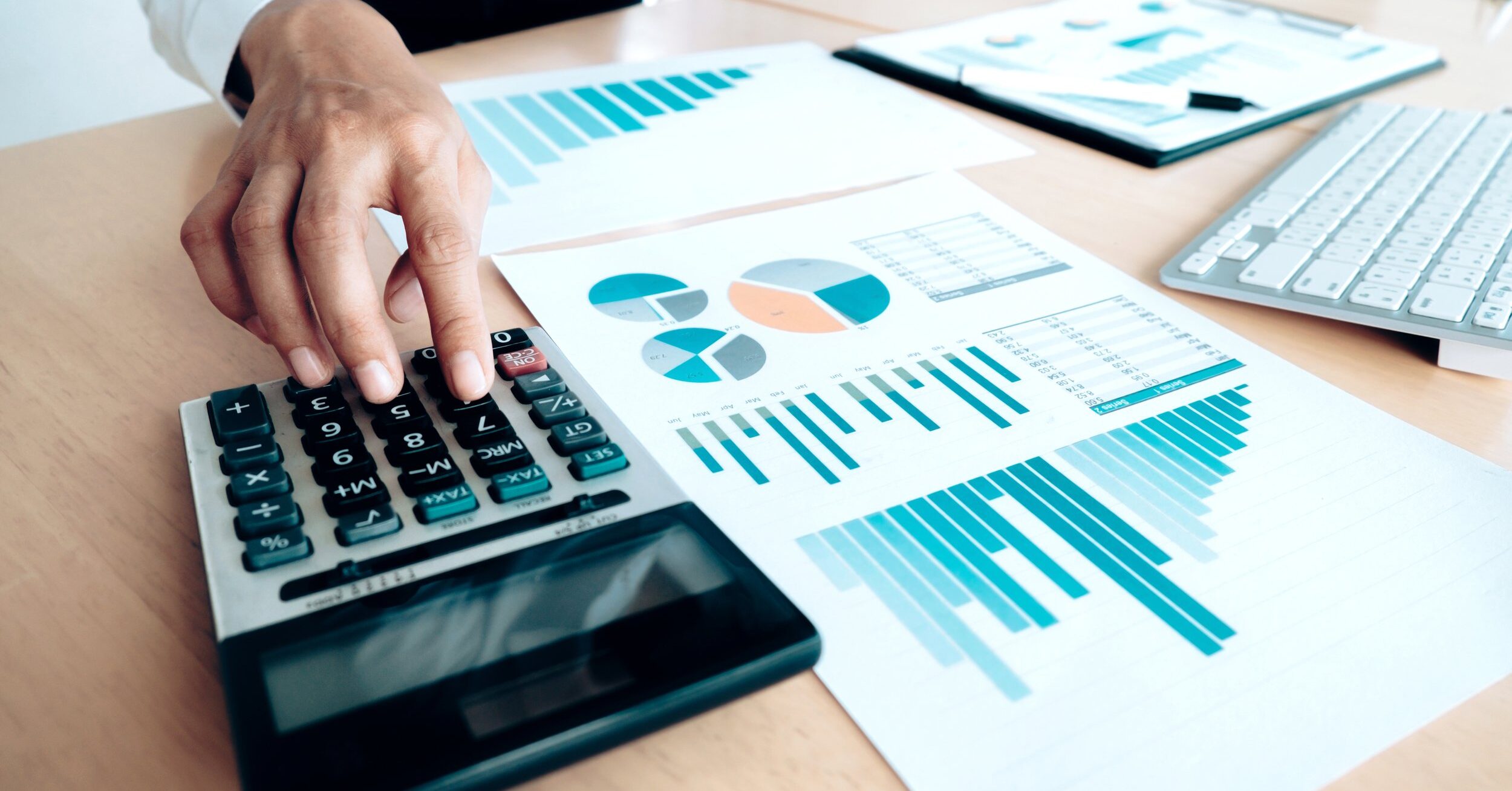Cybercrime Magazine put the cost of global ransomware damages at 20 billion dollars in 2021. And a lot of it can be accredited to the international accounting industry as well. While financial damages are indeed worrisome, the damage caused to an accounting firm’s reputation after a cybersecurity breach is lethal.
That’s because accounting firms and CPAs handle sensitive information such as social security numbers, addresses, credit card numbers, bank accounts, and financial data on behalf of their clients (offshore and local alike) on a regular basis.
However, due to its sensitive nature, such information often becomes the target of malicious elements, hackers, phishing attacks, ransomware, and DDoS attacks. Since a lot of CPAs and accounting firms don’t know how to ensure data confidentiality and security for their offshore accounting clients, we have decided to help out!
In this blog, Finsmart Accounting – trusted by CPAs and accounting firms outsourcing to India – will share a list of data confidentiality and security measures that can greatly minimize the chances of data leaks and thefts.
Data confidentiality measures for accounting firms
Are you ready to learn about the best data protection and confidentiality measures for accounting firms and CPAs? Let’s go!
#1 Improve physical security
Every year, accounting firms in the United States spend millions of dollars to improve online security and protect critical financial data from cyber threats. While this is something every accounting firm should work on, don’t forget to take cognizance of improving physical security.
Unauthorized personnel can covertly enter your premises either for stealing data or deteriorating its hardware, software, and networks. This is also true if employees take home the office equipment like laptops.
Consider the following tips to improve organizational and offshore physical security for data protection and confidentiality:
- Establish physical security perimeters. Use fences, walls, and card-controlled entry doors to prevent unauthorized access.
- Install physical intrusion alarms and surveillance equipment to monitor information systems and check potential physical security threats.
- Ask your employees not to keep office laptops in humid or smokey places at home. Also tell them to safekeep the device when not in use.
- Instruct employees not to connect any USBs or external devices with offshore equipment taken home.
- Implement external and environmental threat protection.
- Restrict physical access to wireless access points, gateways, network hardware, communications hardware, and telecommunication lines.
- Ensure information assets like computers, peripherals, paperwork, reports, and software are not taken offsite without approval.

#2 Keep applications up to date
Just like it is essential for a CPA and accounting firm to keep client transaction records updated for generating accurate financial reports and measuring business performance, it is also important to keep all business software up to date. We know some readers might be thinking, “Our applications are performing well. What’s the point of even updating them?”
While accounting technologies evolve, hacking tools are evolving too. Not updating business software, systems, and devices from time to time makes it easy for hackers to find security loopholes, exploit vulnerabilities, and gain unauthorized access to your accounting network. This makes your accounting practice susceptible to malware infections, ransomware, and other cyber security threats.
Update your accounting systems regularly to keep data confidentiality and security protocols in the best shape. Don’t have enough time? No problem. Since most modern accounting and tax software applications come with auto-update features, you can turn it ON to simplify security, fix bugs, and handle performance issues without taking out time from your hectic schedule.
7 accounting cyber security measures to secure business operations in 2023
#3 Encrypt sensitive files
Almost every CPA and accounting firm has to collect and transfer sensitive accounting data and other forms of information on a regular basis. But what if an intruder manages to breach your accounting network to steal sensitive information? It will not only lead to significant financial losses but also cause serious reputational damage.
By encrypting sensitive files, CPAs and accounting firms can safeguard them from being accessed, read, or used by unauthorized personnel. There are many encryption software that runs accounting data through a very complex algorithm on both ends – sending and receiving and uses a long string of numbers for locking and unlocking it.
Here are some popular encryption software for accounting firms to improve data confidentiality and security in 2023:
- AxCrypt
- VeraCrypt
- Folder Lock
- Boxcryptor
#4 Update passwords regularly
An important data confidentiality tip for CPAs and accounting firms in the United States and UK to consider in 2023. According to Thytoctic, 80% of cyber security attacks take place because of weak or stolen passwords. Workstations or laptops used by the team are home to sensitive business information. Even more so when you connect them to the web.
That’s the reason why accounting firms are advised to deploy a password policy that makes a provision of changing passwords regularly. Ask your employees to update passwords after every 3-4 weeks. Tell them to use strong and unique passwords for each account or software.
Unable to remember complex passwords? No problem! You can also use password managers like LastPass, Dashlane, and 1Password to generate strong passwords and share access without compromising data confidentiality and security. Or simply keep a notebook to keep track of them.
Since these tools also have attributes like geo-locking, IP locking, and time-locking, it will also be easy for CPAs and accounting firms to block unnecessary access to financial data during non-business hours and check for malicious attacks from unrecognized IPs.
Accounting Seat from Finsmart has done wonders for hundreds of accounting firms in the USA. Check out what this accounting firm has to say about us:
#5 Set restrictions on USB devices
Another useful data confidentiality and security tip from Finsmart Accounting for top CPAs and accounting firms. A mischievous element can easily use a USB to steal data or introduce viruses on your network. The same is true for a disgruntled employee as well.
Put a USB security management system into action to set restrictions on USB devices in your organization’s network. Even if you want external devices for holding accounting data, create a database that holds information about all portable storage devices in your corporate network.
While this data confidentiality idea might seem redundant to some CPAs and accounting firms, it can help defend endpoints against rogue external devices and protectively prevent data theft and transmission of malicious files.
Best practices for improving accounts receivable process
#6 Run regular security and data assessments
Let’s be honest. Can you find out errors in your client’s balance sheet without going through the books? The answer is NO! Similarly, no organization can determine whether or not holes exist in its data network security without running a thorough assessment of its security measures and data use habits.
Our next tip for CPAs and accounting firms to improve data protection and confidentiality is to evaluate security strategies regularly. Plan periodic reviews to get a picture of how exactly the accounting data is used and stored within your organization. While performing data security and privacy assessment, also ask yourself questions like:
- Have I assigned data security roles to individuals within or associated with my firm?
- Are confidentiality agreements in place?
- Is business-critical data backed up regularly?
- Are firewalls and security software working properly? Are updates needed?
- Who has access to what?
- Are data security compliance standards being met?
- How exactly clients’ financial data is used throughout my organization?

Simplify Accounting with Finsmart
Above are some of the best data confidentiality and security measures taken by accounting and tax professionals at Finsmart. We know implementing the aforementioned ideas all at once to safeguard business data can be challenging. We recommended starting with what’s in your comfort zone; even if you manage to apply some of these confidentiality measures, you can prevent data loss, corruption, and manage the damage caused in the event of a breach.
Got any queries to ask? Send them to [email protected] and have them answered by our team of finance experts.
Also, read and discover informative content on a vast range of topics:
Useful tips to scale up accounting business during peak tax periods
Best accounting and tax software used by CPAs and accounting firms in the US
Helpful strategies to expand accounting business
India entry services to expand your business
Learn about accounting outsourcing in India
[metform form_id=”13429″]
CONTENT DISCLAIMER
The content in this article is for general information and education purposes only and should not be construed as legal or tax advice. Finsmart Accounting does not warrant or guarantee the accuracy, completeness, adequacy, or currency of the information in the article. You should seek the advice of a competent lawyer or accountant licensed to practise in your jurisdiction for advice on your particular situation.
FINSMART SERVICES




